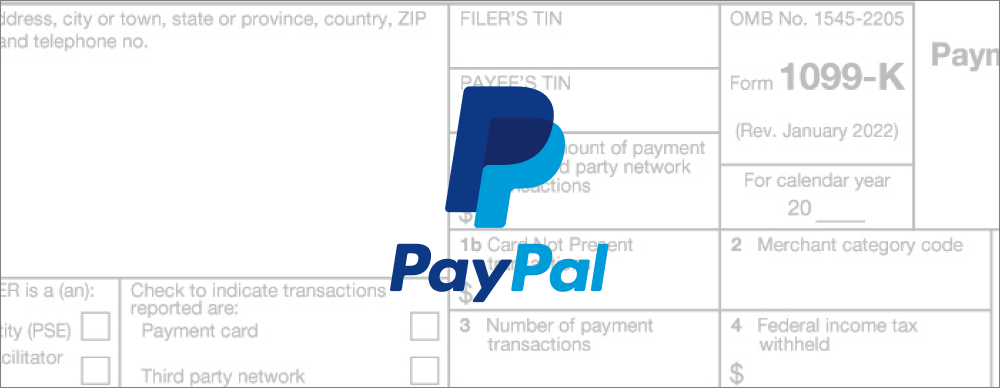If you own a small business, the odds are good that you’ll need an injection of cash from time to time. In 2023, 93% of small businesses with employees faced a financial challenge, according to the Federal Reserve’s 2024 Report on Employer Firms. But why might you need extra money, exactly? Read on to learn five common reasons. Plus, learn why building a business nest egg is a good idea and how to go about it.
5 common reasons small businesses need cash
Small businesses are the backbone of the U.S. economy, accounting for 99.9% of all businesses nationwide. However, only about 50% survive to the ten-year mark. While the reasons for failure vary widely, a cash buffer can better position any business. Here are five common situations where extra cash can keep a business afloat.
1. Disruptive Emergencies
Some businesses are more vulnerable to emergencies than others, but none are immune. For example, your business income could be disrupted by events such as a pandemic (as we saw in 2020), natural disasters, power outages, fires, equipment breakdowns, or legal issues.
2. Cash Flow Interruptions
Emergencies aside, various other causes can disrupt a business’s cash flow. For example, if you invoice clients and offer net payment terms, you may be waiting 30 to 180 days for payments to come through. Further, you could experience seasonal revenue fluctuations, a product line that doesn’t sell, loss of top-performing employees, hard-to-predict feast and famine cycles, clients failing to pay, and more.
3. Rising Costs
Extra cash can also be necessary if your operating costs rapidly increase but your revenue doesn’t. For example, inflation spiked by 9.1% between June 2021 and June 2022 — the largest increase since 1981. Unsurprisingly, rising costs were the top financial challenge reported by small businesses in 2023, according to the Federal Reserve survey.
4. Unexpected Taxes
Generally, it’s recommended that business owners set aside 30% to 40% of their income for taxes. However, it’s not always that straightforward, and miscalculations can cost you. If you’re required to make quarterly payments and end up accidentally underpaying or throughout the year, you could end up with a surprise tax bill that includes the balance owed plus penalties and interest. On the other hand, if you end up overpaying, you miss out on returns you could’ve earned by investing that money elsewhere.
5. Growth Opportunities
The need for cash isn’t always reactive or a necessity. In some cases, it can help you take advantage of growth opportunities. For example, you may want to open a new location, expand your product line, bring on new team members, or take advantage of a bulk purchase discount.
Where do small businesses turn when they need funds?
Once you decide your small business needs extra funds, where should you turn? The Federal Reserve found that small businesses most often source funds by raising their prices, tapping into personal funds, or spending business cash reserves. Beyond that, some take the following approaches:
- Take out a loan
- Downsize operations
- Skip or delay payments
- Obtain funds that don’t have to be repaid
- Do nothing
There’s no shortage of funding options but many have major drawbacks, such as financial costs or negative impacts on you or the business. Saving, however, offers mostly upside. It takes time and consistency to build a nest egg, but can offer peace of mind, flexibility, potentially improved creditworthiness, and interest yields, if deposited into an account that earns interest.
Tips on saving for your small business
Once you decide to build a cash reserve for your small business, you may wonder how much you should save. While it can vary depending on your business’s current income and expenses, the general guideline is to save 10% of your monthly revenue until you have the equivalent of three to six months’ worth of operational expenses. With that amount, you may be able to weather many storms and gain a competitive advantage.
But where should you keep your savings? A high-yield business savings account is a good option because it allows quick access to your funds and helps you keep up with inflation. For example, Lili offers a high-yield business savings account with a up to 4.00% Annual Percentage Yield* and automatic savings deposits so you don’t have to transfer them manually. Further, you can add a dedicated tax savings sub-account to your Lili checking account with automated deposits to help you save with ease, stay organized, and (hopefully) avoid unexpected tax bills.
Ready to get started? Learn more about how Lili’s high-yield small business savings account can help!
*The Annual Percentage Yield (“APY”) for the Lili Savings Account is variable and may change at any time. The disclosed APY is effective as of November 11, 2025. Must have at least $0.01 in savings to earn interest. 2.50% APY applies to balances of up to and including $500,000. 4.00% APY applies to balances over $500,000 and up to and including $1,000,000. Any portions of a balance over $1,000,000 will not earn interest or have a yield. Available to Lili Pro, Lili Smart, and Lili Premium account holders only.




